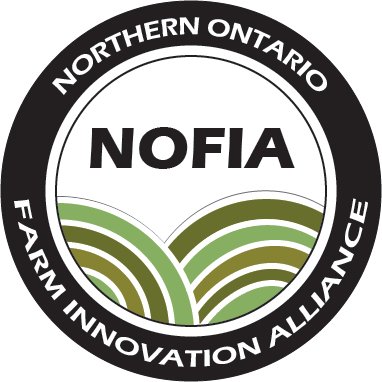NOFIA partners with Collège Boréal on Emergency Livestock Preparedness in Northern Ontario

“Proper training for first responders in emergencies involving livestock is critical to ensure the safety of both livestock and those attending to the livestock,” said Marie-Claude Bibeau, federal Minister of Agriculture and Agri-Food. “Our government is pleased to support this project which will give first responders in Northern Ontario the tools and training they need to ensure everyone’s safety and help
improve animal welfare during these crises.”
“Our government recognizes how important it is for first responders to be prepared in an emergency that involves livestock,” said Ernie Hardeman, Ontario’s Minister of Agriculture, Food and Rural Affairs. “Through the Canadian Agricultural Partnership, we are very pleased to support continuing education for our first responders so they are best prepared to deal with livestock emergencies in Northern
Ontario.”
The goal of this project is to assess the needs of municipalities along Highway 11 and deliver training to better-prepare first responders when it comes to emergencies involving livestock. The project is divided
into two phases:
- Phase 1: This part of the project involves the completion of a needs-assessment for each municipality to better understand the level of training and skills development required for first responders. Based on these reports, an emergency livestock response preparedness guide will be developed.
- Phase 2: Part two of the project will consist of the development of training materials, resources and interactive online modules to accompany hands-on training workshops for first responders. Hands-on livestock handling training will be provided to First responders in collaboration with local livestock farms. The goal of the hands-on training is to ensure the safety of responders and the public, to minimize animal suffering and for emergency teams to be prepared to carry out their assigned responsibilities by providing them with livestock experience. Further training will be provided to police officers on the safe and humane way to euthanize animals.
NOFIA has consulted with other organizations such as Beef Farmers of Ontario and Farm & Food Care to develop this project synergistically to their projects, complimenting their efforts by ensuring that all areas of the province are served in emergency livestock preparedness.
Over 3500 livestock trucks travel through Northern Ontario annually over a stretch of highway that is at greater risk for transport accidents. Northern Ontario has also seen an increase in barn fires in the last few years. When contacted, municipalities and First Responders have expressed that they are ill prepared for these types of emergencies.
“We are very excited to be working on the project with Collège Boréal. Our goal is to better prepare
emergency response teams to handle situations involving livestock,” says Emily Potter, Project Development Advisor at NOFIA.
Michelle Lebel, Kapuskasing campus Director at Collège Boréal, states: “As an engaged community partner in the North, Collège Boréal has a role to play in providing expertise to develop quality training to First responders, ensuring their safety as well as the safety of the people of the North.”
This project was funded in part through the Canadian Agricultural Partnership (the Partnership), a federal-provincial-territorial initiative. The Agricultural Adaptation Council assists in the delivery of the Partnership in Ontario. Industry funding assistance was provided by the Northern Producer Animal Health Network, an organization dedicated to enhancing animal health care in the north.
